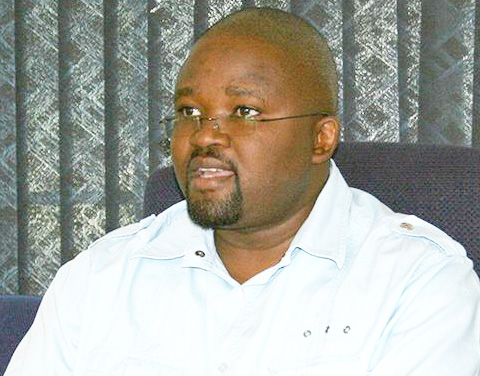The Namibian Chamber of Environment (NCE) has raised concern over plans to develop a green hydrogen project at the Tsau //Khaeb National Park (TKNP).
The NCE says the proposed project in the TKNP, formerly the Sperrgebiet National Park, could be detrimental for animals and plants in the area.
The same concerns are also being raised by the International Union for Conservation of Nature (IUCN).
A report released by the NCE and the IUCN notes that the project poses a significant threat to the unique biodiversity in the park, potentially harming endangered species and undermining global efforts to address both climate change and biodiversity loss.
The report has noted that the production of such ‘red hydrogen’ contradicts these goals and the long-term economic viability of the project remains uncertain.
“Fluctuations in Germany’s energy needs, coupled with advancements in hydrogen production and alternative energy sources, could render Namibia’s hydrogen exports unprofitable,” notes the report.
It further says the project’s economic advantages for Namibia may be confined to a select few, potentially creating limited opportunities for broader-based development.
“Alternative energy projects in less ecologically sensitive regions could offer more widespread economic benefits for Namibian citizens,” says the report.
It has called for a comprehensive Strategic Environmental Assessment (SEA) to assess the cumulative environmental impact of current and future hydrogen projects within the national park.
Transparency and independent review are critical for responsible decision-making and Namibia should undertake a comprehensive national study of its energy sector, the report notes.
These assessments should evaluate various energy sources, considering their economic and environmental implications, as well as potential market shifts in the energy landscape, the reports further notes.
The evaluation of hydrogen production should integrate its ecological costs alongside abiotic factors and exploring alternative sites with minimal biodiversity impact is critical, the national park notes.
“Energy projects should be designed to foster broad-based economic benefits, including providing Namibian households with access to affordable energy and enabling communities to share in project profits.”
The NCE and IUCN have urged Namibia to adopt a holistic approach to its energy sector development which should prioritise achieving a balance between development goals and environmental protection.
The report notes that conducting a national energy assessment and implementing a transparent SEA for hydrogen projects are essential steps towards realising true sustainability in Namibia’s energy sector.
Stay informed with The Namibian – your source for credible journalism. Get in-depth reporting and opinions for
only N$85 a month. Invest in journalism, invest in democracy –
Subscribe Now!






